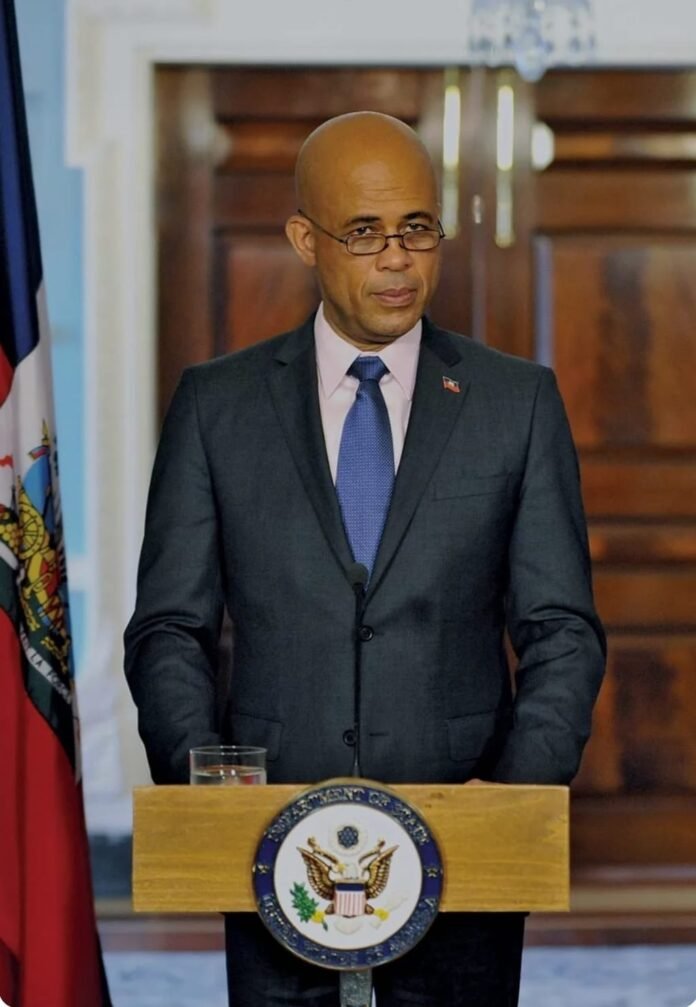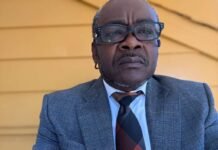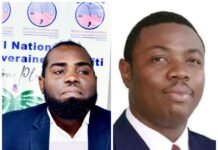The Haitian proverb “Chien pa janm mòde pitit li jouk nan zo” suggests that those in power often protect their own, even if it means turning a blind eye to wrongdoing. This proverb sheds light on the US’s hesitant approach to pursuing criminal charges against Michel Martelly, the former President of Haiti, despite allegations of drug trafficking (21 U.S.C. § 841, 2019), corruption, embezzlement, and involvement in creating gangs that have harmed Haitians and citizens of other nations.
The US has specifically accused Martelly of drug trafficking, a serious crime that undermines global security and fuels violence. Yet, despite this grave allegation, Martelly remains in Florida, seemingly beyond the reach of justice. His presence in the US raises questions about the effectiveness of international law enforcement and the willingness of the US to hold foreign leaders accountable for their crimes.
In contrast, Guy Philippe, another Haitian national, faced criminal charges and was convicted of conspiracy to commit money laundering (18 U.S.C. § 1956, 2019). The differences in approach may be due to variations in evidence, jurisdiction, political considerations, and strategic priorities. However, the lack of criminal charges against Martelly raises questions about the US’s approach to addressing corruption and wrongdoing by foreign leaders and highlights the need for Supranational jurisdiction
Universal jurisdiction principles allow states to prosecute individuals for serious crimes committed outside their territory, regardless of the nationality of the perpetrator or victim (18 U.S.C. § 2332, 2009). This principle is essential in holding Martelly accountable, as his alleged crimes have affected citizens of other nations. The US, as a global leader, should invoke universal jurisdiction to prosecute Martelly, setting a precedent for international accountability.
However, the recent allegations against Martelly have sparked intense debate and scrutiny. If the US fails to prove these allegations, they risk being perceived as politically motivated, potentially damaging their credibility and undermining efforts to hold Martelly accountable. Martelly’s political ambitions and potential re-election bid further complicate the situation.
To distinguish between political persecution and genuine pursuit of justice, it is essential to examine the evidence and motivations behind the allegations. The US and other international actors must be transparent about their motivations and processes to ensure accountability and justice.
No one should be above the law, regardless of their position or power. If Martelly is found guilty of the allegations against him, he should be held accountable and face the consequences. It’s essential for the US and the international community to uphold the principles of justice and accountability, especially when it comes to leaders who have abused their power.
Sending a strong message that no one is immune from prosecution can help deter future abuses of power and promote a culture of accountability. Many other presidents and leaders have been convicted and sentenced to prison for their crimes. Martelly should not be an exception. If the evidence supports the allegations, he should be prosecuted and face justice.
The US has a significant responsibility to take action, given Martelly’s presence on US soil. By holding him accountable, the US can demonstrate its commitment to justice and the rule of law, and set an example for other countries to follow.
Sources:
– US Department of Justice. (2020). Universal Jurisdiction-
US Drug Enforcement Administration. (2020). Narcotics Trafficking.
– US Financial Crimes Enforcement Network. (2020). Money Laundering.
– United Nations Office on Drugs and Crime. (2000). United Nations Convention against Transnational Organized Crime.
– United Nations Office on Drugs and Crime. (2003). United Nations Convention against Corruption.
– Haitian Ministry of Justice. (2017). Haitian Penal Code.
– Haitian Financial Intelligence Unit. (2014). Haitian Anti-Money Laundering Law.
Samuel Georges




